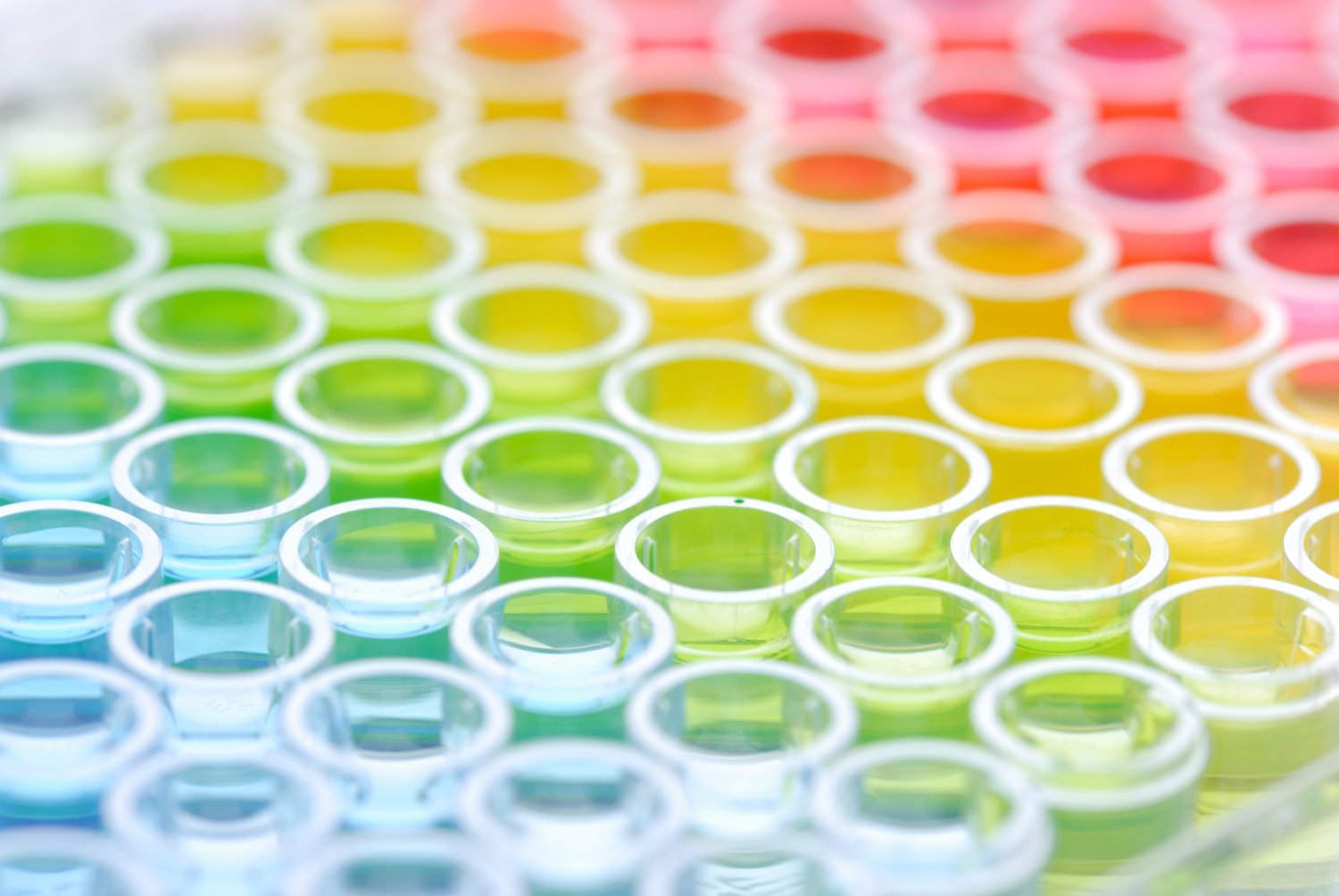
Mesenchymal stem cells (MSCs) have been described as being able to give rise to several quite different mesenchymal cell phenotypes. However, the ability to differentiate is not the only characteristic that makes these cells attractive for therapeutic purposes. The secretion of a broad range of bioactive molecules by MSCs, such as growth factors, cytokines and chemokines, constitutes their most biologically significant role under injury conditions. Understanding this intricate secretory activity as well as the properties of MSCs in vivo is central to harnessing their clinical potential. Herein, we identify some of the molecules involved in the paracrine effects of MSCs with a perspective that these cells intrinsically belong to a perivascular niche in vivo, and discuss how this knowledge could be advantageously used in clinical applications.

You can read more about it in the article: Mechanisms involved in the therapeutic properties of mesenchymal stem cells
